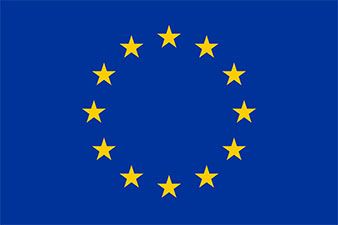Europe's Beating Cancer Plan

European Commission reflected on the new approach on cancer prevention, treatment and care with an online Zoom event “Europe's Beating Cancer Plan' held on Friday, 28 May 2021. The event was also shared live on the EU Infopoint Facebook page.
During his opening speech, Ierotheos Papadopoulos, Head of the European Commission Representation in Cyprus stated that “Europe's Beating Cancer Plan is a key pillar of the European Health Union, presented by President von der Leyen in November 2020, calling for a more secure, resilient and better-prepared European Union. With this Plan, we aim to prevent the preventable – we must remember that up to 40% of all cancer cases are avoidable. The Cancer Plan will be supported by actions spanning across policy areas from employment, education, social policy and equality, through marketing, agriculture, energy, the environment and climate, to transport, cohesion policy, and taxation. Its success will come from genuine partnerships and collaboration.” In his presentation on the EU's Beating Cancer Plan, Prof. Julian Mamo, President of Chronic Diseases Section with European Public Health Association dwelled on the Plan’s approach with regard to prevention of cancer, quality of life of cancer patients and survivors of cancer as well as the actions that would bring about the highest value during all phases of the disease. Followed by Prof. Mamo's presentation, Mustafa BA Camgöz, Emeritus Professor of Cancer Biology and Neurobiology from Imperial College London, focused on new technologies, research and innovations and highlighted new treatments and integrated methods for the prevention, treatment and care of cancer.
Cancer has a significant impact not only on the lives of cancer patients and their relatives, but also on our health systems, economy and society at large. Unless mitigated, cancer cases are predicted to increase about 25 % by 2035, making cancer the leading cause of death in the EU. Moreover, COVID-19 pandemic has had a substantial impact on cancer treatment and care by disrupting treatment, delaying diagnosis and vaccination, and interrupting access to medications.
You can watch the webinar here.

